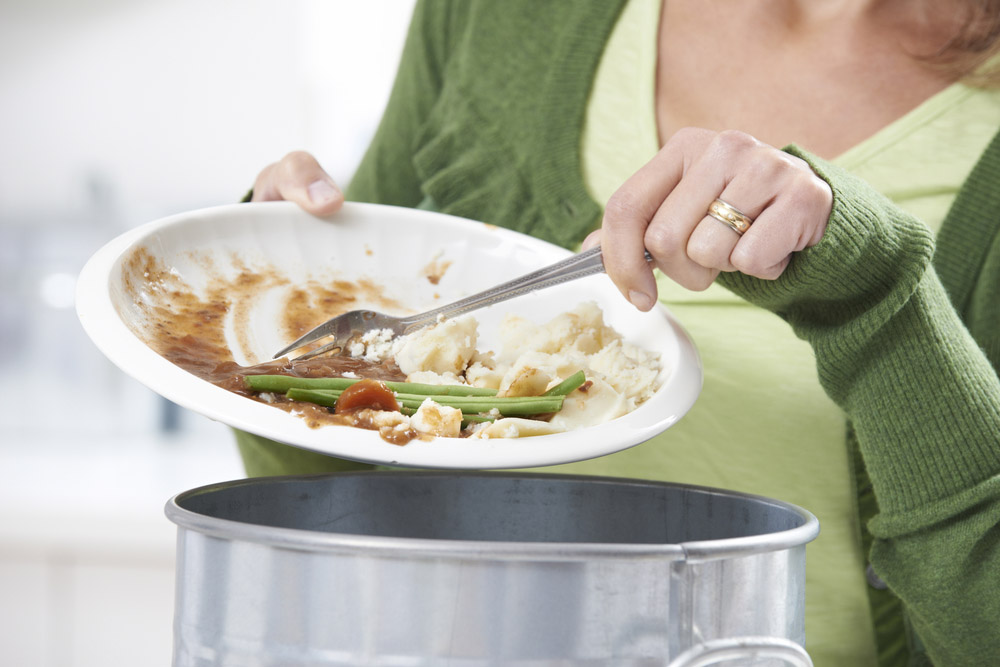
The UK is predicted to see a 2.5 per cent rise in retail sales this Christmas.
According to Mintel, sales are expected to reach £42bn in December, with 21 per cent of Brits saying they will spend more online for Christmas 2015, down from 25 per cent in 2014.
Richard Perks, Director of Retail Research at Mintel, said: “We’ve been through the worst downturn and financial crisis since the war, but we’ve had a sustained period of growth since 2012. Although there’s no doubt there are problems on the horizon, when looking solely at Christmas, it seems to us that consumer demand is holding up well. Retailers should be satisfied with the outcome of Christmas – it will be good, though not great.”
Timing is likely to be important; 11 per cent of people who bought Christmas gifts in 2014 did so on Black Friday, and Mintel estimates that the occasion boosted November’s sales in 2014 by £400m, £50m of which were online.
“There was a clear message from Black Friday last year. It damaged Christmas gift spending and it took sales away from full priced sales over the Christmas period. As one retailer put it, the genie is now out of the bottle. We think that UK retailers will concentrate on damage limitation from now on, though it is clear that no one feels that they can really ignore Black Friday,” Perks added.
“The big question now is whether Black Friday 2015 will be more or less damaging than last year because that is a very important factor in how much money people have left over to spend on Christmas. We take the view here that it will be no worse than last year. We feel that retailers learnt their lesson and that this year the focus will be more on long-term profitability.”
When it comes to online shopping, only one in 20 (five per cent) say they do not plan to shop online this Christmas. A healthy proportion (21 per cent) say they will spend more online for Christmas 2015, however, this is lower than the quarter (25 per cent) of consumers who said the same when asked in 2014.
So, what’s ahead for the coming year?
“While we can’t ignore the fact that economic growth is slowing and there are uncertainties ahead, at present, with incomes growing and a strong housing market, we can be relaxed about the prospects for retailing in 2016,” Perks said. “Overall, we can look to modest growth in 2016. That said, retailing is changing faster than we have ever known it. This is not just a question of online sales, where growth is beginning to slow, nor is it limited to the growth for discounters.”
“The way British consumers shop is fundamentally changing. There is a perceptible shift towards shopping on an as needs basis. This change is playing into the hands of high streets, and they will be the big winners in the retail scene going forward. How retail’s structural changes pan out will be the most interesting feature of the next few years, not the odd percentage difference in the rate of retail sales growth.”

A new initiative has been created by Nairn’s to raise awareness of the health benefits of oatcakes.
To encourage consumers to make oatcakes a staple and versatile part of their daily routine, the Nairn’s Naturally Energising campaign focuses on simple changes that can make a big difference. At the heart of this is the Nairn’s Naturally Energising Philosophy, recommending five pillars to make for a healthier lifestyle – balance, slow release, simplicity, high fibre and moderation – which will be promoted through a digital advertising campaign that drives people to www.nairns-oatcakes.com/naturally-energising
To amplify the Naturally Energising message, Nairn’s is working with three like-minded ambassadors as part of the digital marketing and PR campaign; Amanda Hamilton, a nutritionist, Karen Burns-Booth, food blogger at Lavender and Lovage, and Faya Nilsson, lifestyle blogger at Fitness on Toast.

Issues around the UK’s waste crisis highlighted by Hugh Fearnley-Whittingstall have provoked debate.
The acclaimed River Cottage chef has been fronting a documentary series, called War on Waste, which has raised his concerns about the startling volume of food wasted every year in the UK.
Through a barrage of damning statistics, Hugh has shed light on some truly eye-opening figures, from reports identifying that as much as 30 per cent of all UK vegetable crops are not harvested – due to failing to meet supermarkets’ exacting standards based on their physical appearance – to the true scale of food wasted by businesses across the food supply chain.
Commenting on the issues raised in the programme, Philip Simpson, Commercial Director at ReFood, said: “As well as raising widespread awareness about the huge amount of food wasted in the UK, Hugh Fearnley-Whittingstall’s War on Waste documentary sparked some powerful discussions surrounding food production, manufacture and supply.
“From production to consumption, Hugh identified areas in the supply chain where we currently waste the greatest volume of food, and slammed supermarkets for failing to stock edible produce simply due to its appearance. Importantly, he also identified that retailers don’t donate all their surplus edible food to local charities, instead throwing bins and bins worth of edible food away each day.
“Discussing the benefits of redistribution charities and reducing waste across production and processing, the key takeout for viewers was a greater awareness of avoidable food waste, as well as how small changes – such as expanding the size and shape of homegrown fruit and vegetables – could have a hugely positive impact in the UK and further afield.”